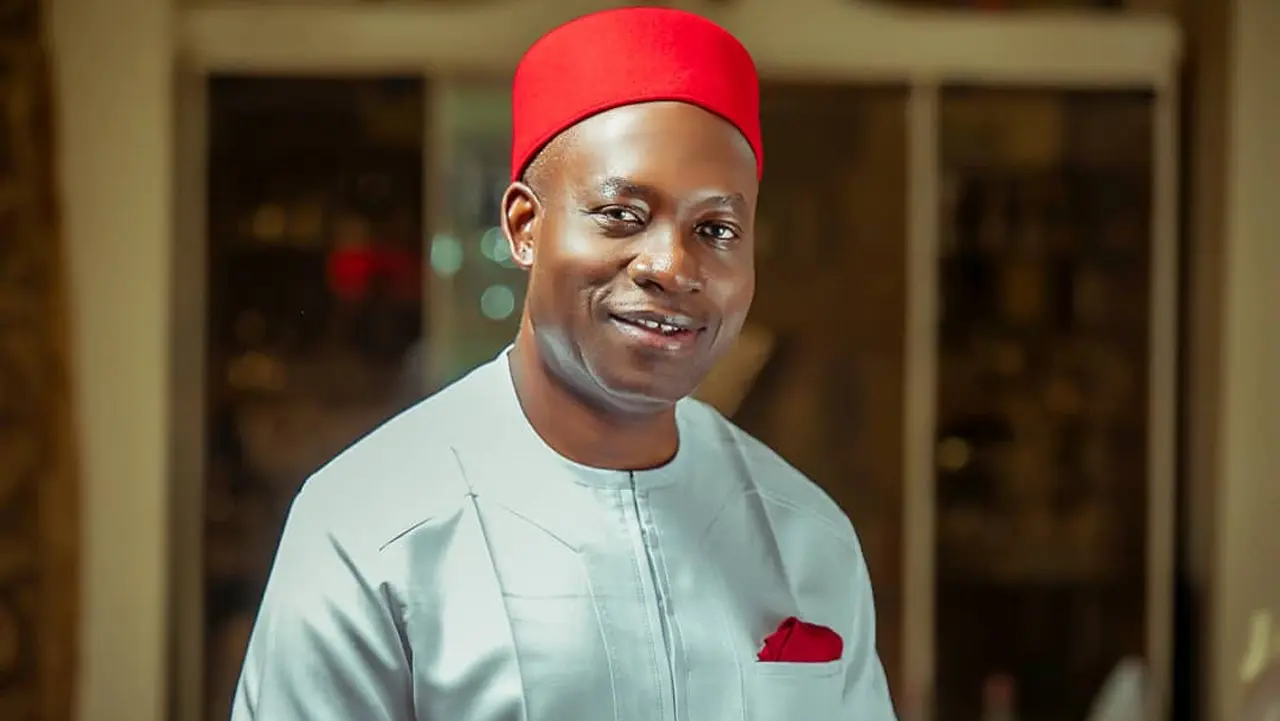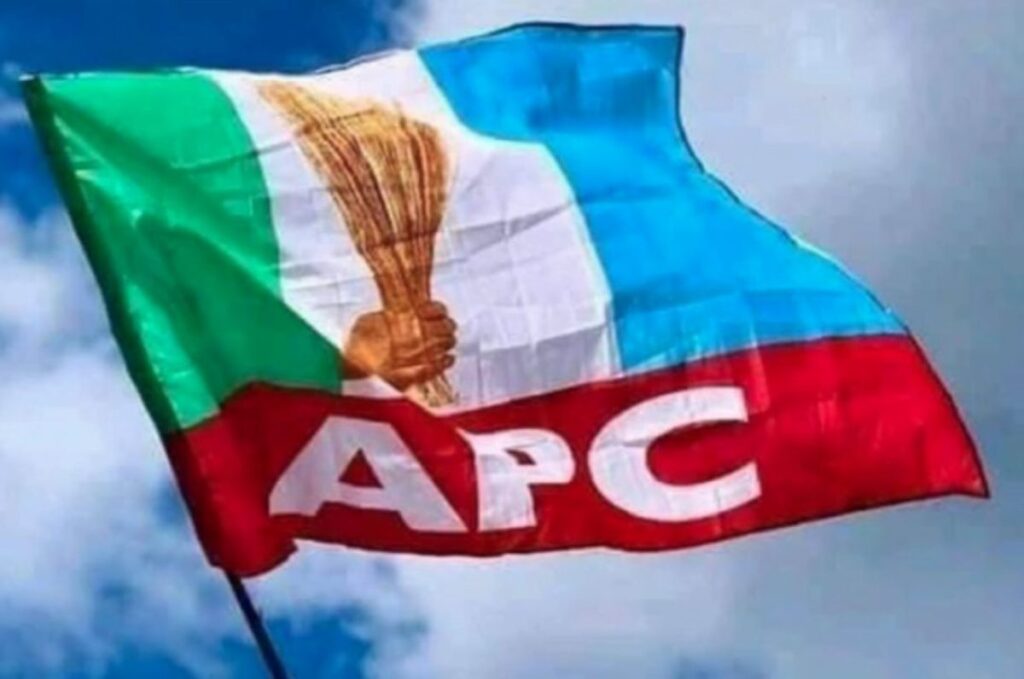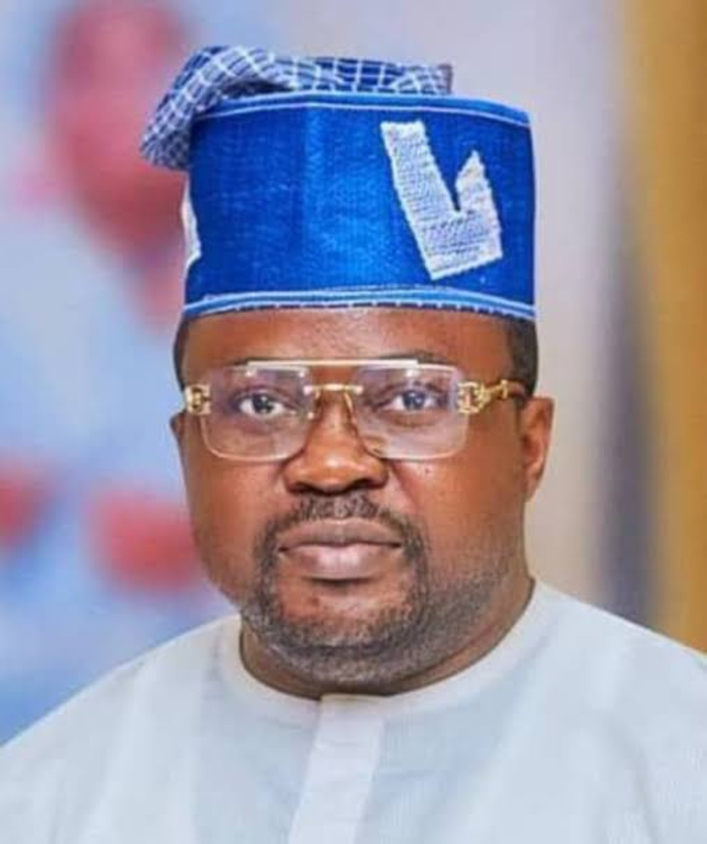Now Reading: Anambra Election: How Soludo Crushed Crisis-Hit Labour Party and PDP to Secure Landslide Victory
-
01
Anambra Election: How Soludo Crushed Crisis-Hit Labour Party and PDP to Secure Landslide Victory
Anambra Election: How Soludo Crushed Crisis-Hit Labour Party and PDP to Secure Landslide Victory

Governor Chukwuma Soludo has cemented his dominance in Anambra State after winning the November 8 governorship election by a landslide, leaving the opposition in disarray.
The Independent National Electoral Commission (INEC) declared the All Progressives Grand Alliance (APGA) candidate the winner on Sunday. According to the Returning Officer and Vice Chancellor of the University of Benin, Prof. Edogah Omoregie, Soludo polled 422,664 votes, far ahead of his closest rival, Prince Nicholas Ukachukwu of the All Progressives Congress (APC), who scored 99,445 votes.
Other contenders trailed far behind — Paul Chukwuma of the Young Progressives Party (YPP) managed 37,753 votes, Labour Party’s George Moghalu got 10,576, while John Nwosu of the African Democratic Congress (ADC) secured 8,208.s
Once energized by the 2023 general election momentum, the Labour Party (LP) entered the Anambra race deeply divided. Two rival factions loyal to different national chairmen produced parallel candidates, each claiming legitimacy. The leadership feud dragged into courtrooms, wasting precious campaign time and resources.
By the time the legal dust settled, much of the party’s grassroots support had evaporated. “We were ready to vote Labour, but no one even came here to campaign,” said a voter in Nnewi South. “They were fighting themselves while Soludo was busy working.”
The Peoples Democratic Party (PDP) fared no better. Its lingering leadership crisis, coupled with mass defections and waning confidence, left it a shadow of its former self. Many aspirants refused to purchase nomination forms, forcing the party to settle for Chief Jude Ezenwafor, an Abuja-based real estate developer, as its sole candidate.
Ezenwafor’s unopposed emergence underscored the depth of the party’s troubles. Once a dominant force in Anambra politics, the PDP now faces the grim reality of a shrinking base and fractured organization.
Despite INEC’s repeated warnings, reports of vote buying surfaced across the state. Party agents were accused of paying between ₦5,000 and ₦30,000 per voter to influence outcomes.
Labour Party candidate George Moghalu claimed that APGA was the main culprit, alleging that agents wearing APGA tags were caught distributing cash. “Yes, because I couldn’t afford how much that was being paid,” he told Channels TV. “They have too much money to buy votes, and what do you expect my people to do? Many are poor.”
While the opposition tore itself apart, Soludo leveraged his incumbency and APGA’s long-standing grassroots network. His campaign focused on infrastructure, education reforms, and economic growth, striking a chord with voters.
On election day, APGA agents dominated polling units across all 21 local governments, ensuring seamless coordination and early victory projections.
INEC’s final tally confirmed what many anticipated — Soludo’s sweeping mandate reflected both his political acumen and the opposition’s internal decay.
Political analyst Nduka Odo of Peaceland University, Enugu, said the outcome should serve as a wake-up call for opposition parties ahead of the 2027 elections.
“The election once again exposed the weakness of opposition politics in Nigeria,” he said. “Since Peter Obi, APGA has remained strong in Anambra. Unless PDP, Labour, and others unite and resolve their crises, they should expect the same result in 2027.”
For now, Soludo’s decisive victory reaffirms APGA’s enduring grip on Anambra politics — and exposes the deep fractures weakening Nigeria’s opposition parties.




